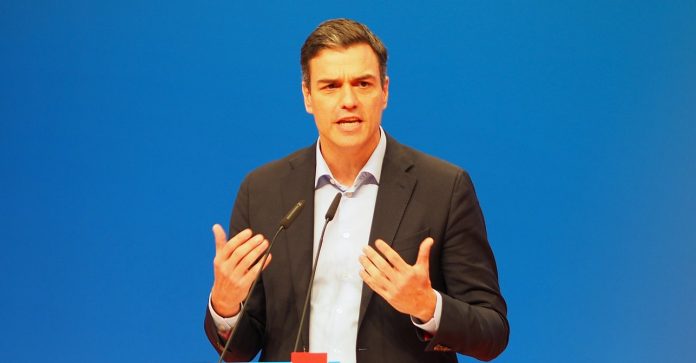Spain’s 2019 budget was tabled in the congress by Finance Minister María Jesús Montero. The plans, which include the biggest increase in public spending since 2010, is three months delayed.
According to local media, the country’s socialist prime minister, Pedro Sánchez, wants the budget to heal wounds left by the financial crisis which began 10 years ago.
As reported by Spain’s daily El País, the draft budget includes increased spending on social care, housing and investments. The rise is slated for more than 40%. The government also included a wide-ranging social programme with a plan to combat child poverty and the inclusion of assistance for those families who are most in need.
In total, the state will spend more than €345bn, a 5.3% rise on last year’s figure.
As regards the delay in tabling the budget, this is mainly due to the political weakness of Sánchez himself. According to the Spanish daily, he came to power in June after winning a vote of no-confidence in Congress against his predecessor, Mariano Rajoy of the conservative Popular Party (PP). Sánchez only counts on 84 seats out of a total of 350, in a lower house where 176 are needed for a majority, meaning that he is dependent on the support of parties such as left-wing Unidos-Podemos, and nationalist parties including those that want an independent Catalonia, to get things done.
It is also worth noting that the budget also includes two new taxes: one that will be levied on digital activity, known as the “Google tax,” and one that will cover financial transactions, and will be applied to trading in stocks of large firms.
The government has also pledged to spend 18% of the funds allocated to infrastructure in Catalonia. According to El País, this will comply with what is set out in the northeastern Spanish region’s governing statute, which stipulates that Catalonia should receive investment equivalent to its weighting in the national economy.

